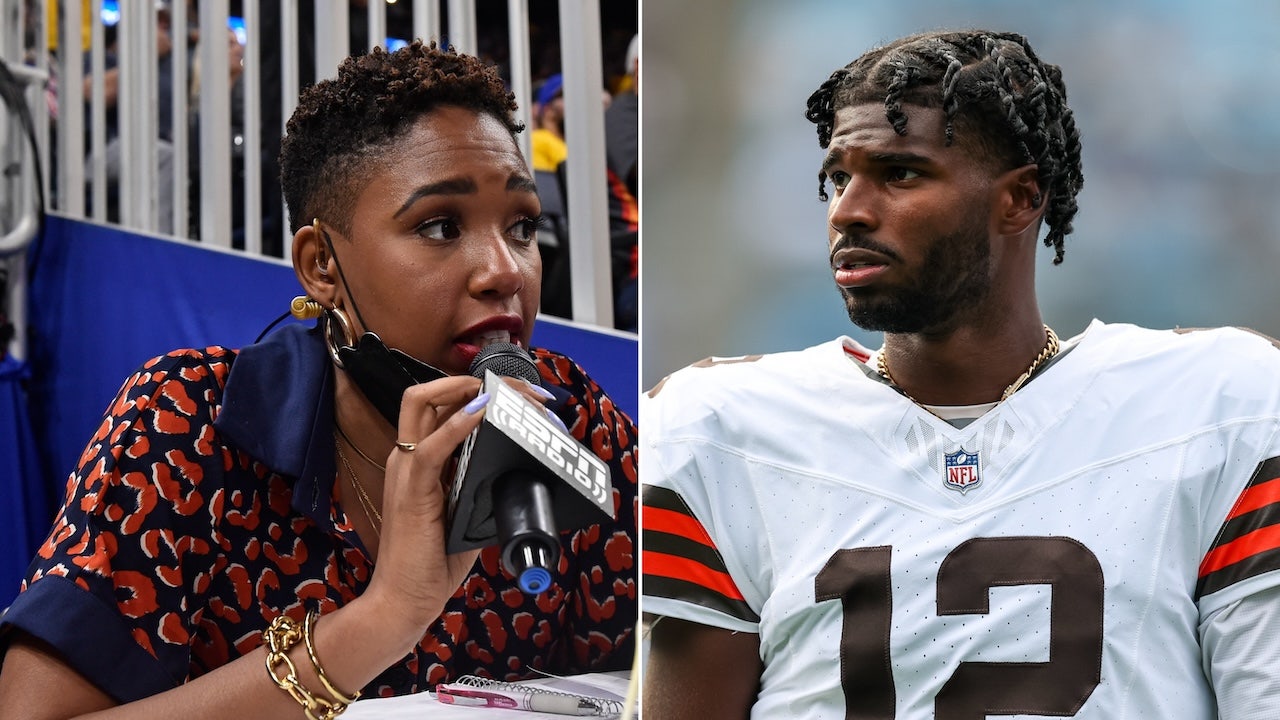
ESPN host mocked for confusing NFL legend’s jersey for Shedeur Sanders’
Monica McNutt, a well-known sports analyst, found herself in a bit of a predicament during a recent appearance on ESPN with popular social media personality Druski. The two were discussing the upcoming NFL season and the impact of certain players on their respective teams when the topic turned to legendary Detroit Lions running back Barry Sanders.
As the conversation veered towards Sanders’ impressive career and the impact he had on the Lions franchise, McNutt made a crucial mistake that would soon become the talk of the sports world. In a moment of confusion, she mistakenly referred to Barry Sanders as Shedeur Sanders, the young quarterback for the Cleveland Browns.
The mix-up was immediately noticed by viewers, who took to social media to express their shock and disbelief at McNutt’s blunder. How could a seasoned sports analyst like her confuse one of the greatest running backs in NFL history with a relatively unknown quarterback? The backlash was swift and harsh, with many calling for McNutt to issue a public apology for her mistake.
But as the dust settled and the initial shock wore off, a more nuanced conversation began to emerge. Was this really just a simple mistake, or did it reveal deeper issues within the sports media industry? Was there a lack of diversity and representation that led to such a mix-up, or was it simply a case of human error?
Some argued that McNutt’s mistake was indicative of a larger problem within the sports media landscape. The lack of diversity and representation in sports journalism has long been a point of contention, with many feeling that there is a lack of opportunities for people of color to succeed in the industry. As a result, mistakes like the one made by McNutt are often magnified and used as evidence of the need for greater diversity in sports media.
Others, however, felt that the backlash against McNutt was unwarranted and that it was simply a harmless mistake. After all, everyone makes errors from time to time, and it was clear that McNutt had no ill intentions when she made the mix-up. Should she really be punished for a simple slip of the tongue?
As the debate raged on, McNutt found herself at the center of a media storm. She was bombarded with messages from fans and critics alike, with some calling for her to be fired from ESPN and others defending her right to make a mistake. It was a difficult and stressful time for McNutt, who had never experienced this level of scrutiny in her career before.
But through it all, McNutt remained composed and gracious. She issued a public apology for her mistake, acknowledging that she had made an error and vowing to do better in the future. She also took the opportunity to address the larger issues of diversity and representation in sports media, calling for greater opportunities for people of color to succeed in the industry.
In the weeks that followed, McNutt’s mistake slowly faded from the headlines, but the conversation it sparked continued to resonate within the sports world. People began to take a closer look at the lack of diversity in sports media and the impact it has on the industry as a whole. Calls for change grew louder, with many demanding that steps be taken to ensure that mistakes like the one made by McNutt are not repeated in the future.
As for McNutt herself, she emerged from the controversy stronger and more determined than ever. She used the experience as a learning opportunity, vowing to be more diligent in her research and more thoughtful in her commentary. And while the memory of that fateful ESPN appearance with Druski may linger, it ultimately served as a catalyst for positive change within the sports media industry.
Source: Fox News
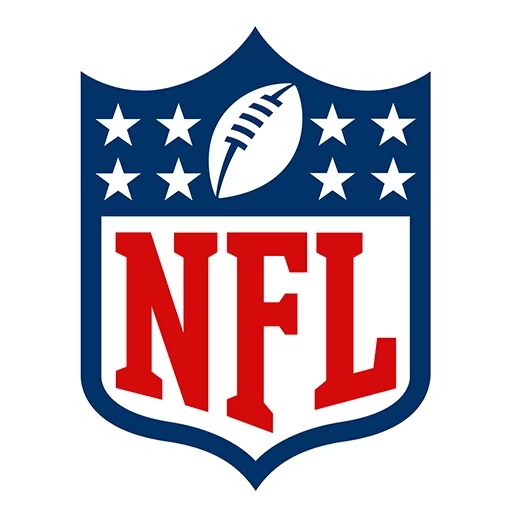
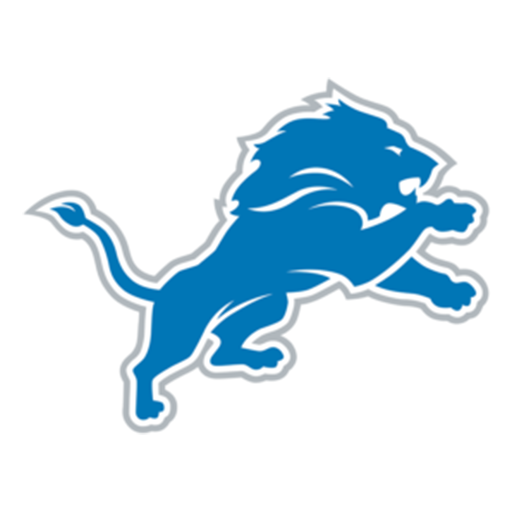









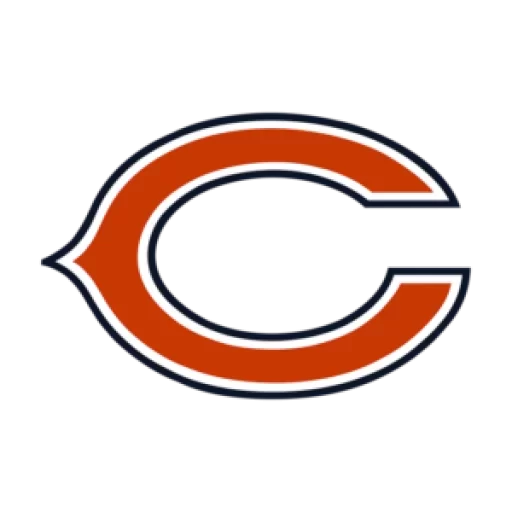


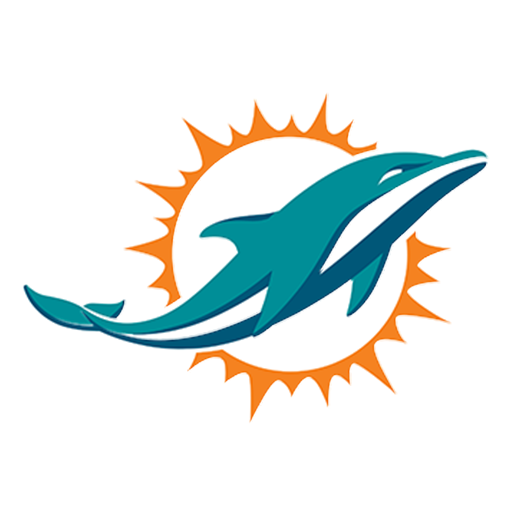






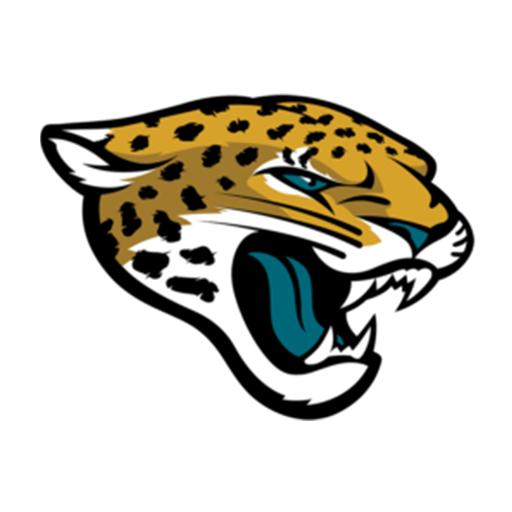



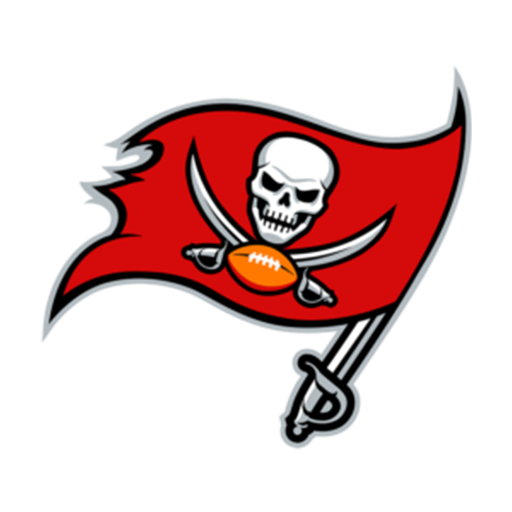



 LIVE
LIVE LIVE
LIVE


